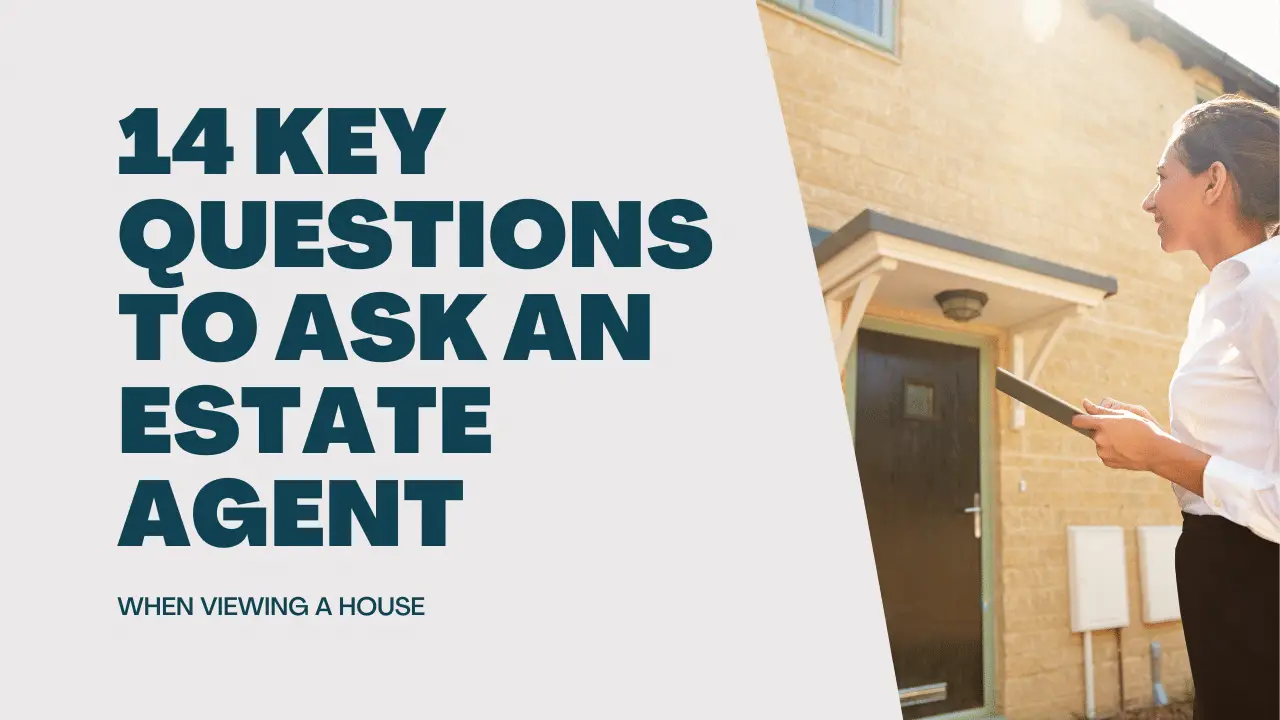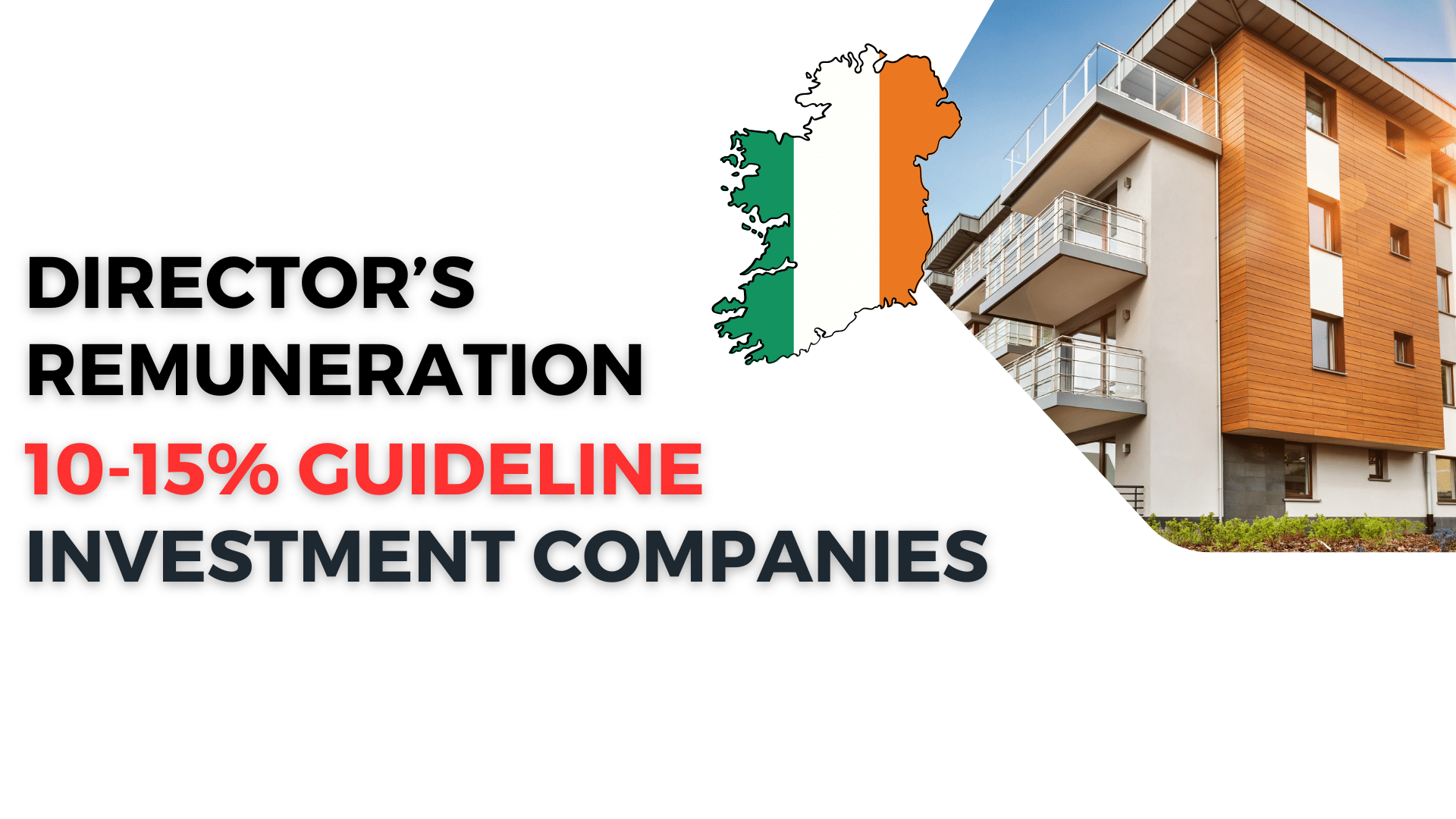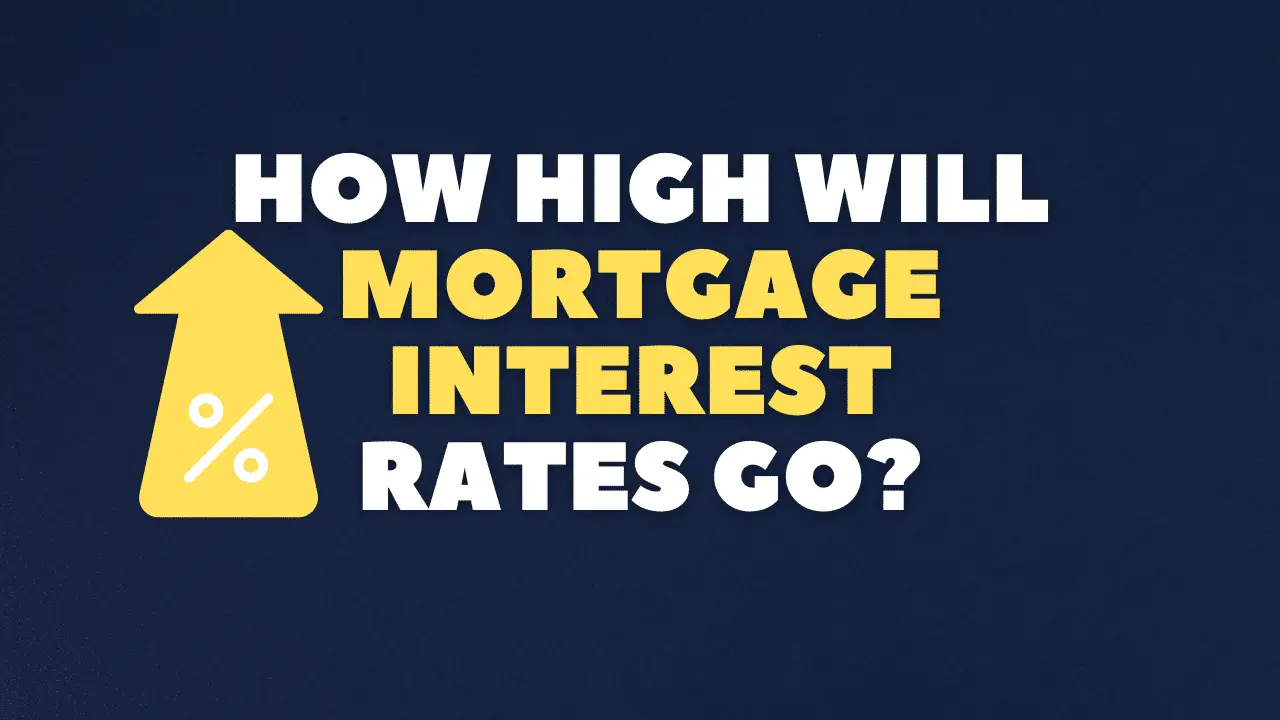You need to have your wits about you when you go to a property viewing; it is all about getting as much information as you can so you can make the best-informed decision possible when deciding whether you want to bid on the property or not.
To sow a few seeds in your brain, we have come up with a list of useful questions that may well be worth asking the real estate agent on the day of your viewing.
14 Questions you should be asking your Estate Agent when viewing a house
1. What is the owner’s reason for selling?
If there is any troubling reasons as to why the owner is selling the property it is better to know this sooner rather than down the line.
In most cases, there will be a genuine reason that is completely unrelated to the property itself. For example, a change in location due to work or family reasons. You may get a competitive advantage by knowing this information, it may give you an insight in how urgently the owner is looking to sell and willingness to negotiate the price.
2. Are any of the furniture or appliances included in the sale?
When you go to view the house, the seller will likely have the property in the best possible condition it can be. They will want you to be able to easily visualise what it would be like to live in the property, so it is unlikely they will be ripping out fridges or washing machines at this stage.
The cost of fitting out your home with appliances and furniture cannot be included in your mortgage, so this is another huge cost you will have to bear straight after you pay your deposit, stamp duty, and legal fees.
If the furniture and appliances already in the property are in good condition, then you could always negotiate them into the deal as a condition attached to your offer.
3. How long has the property been on the market?
By understanding how long the property has been on the market, you can get an idea of the seller’s motivation, price negotiation potential, and the demand for similar properties in the area.
4. Is there a mortgage on the property?
The previous owner may still have a balance outstanding on their mortgage that is due to the bank. In this case, the bank will still have a ‘legal charge’ on the property, which protects them in the case of the owner not being able to make the mortgage repayments and defaulting on the loan.
While there is no issue with this at all, it will just likely add a bit of extra workload on your solicitor and require some additional time to close the deal.
5. What is the lowest offer the seller will accept?
Although a property might be listed at a certain price, this may be lower than what the seller is willing to part ways with the property for.
With the such huge demand for housing, the quicker you can get in and get to a point of being sale agreed, the less competition you will face.
6. Has the property been let out recently and at what price?
This can be a handy bit of information to know if you end up in a bidding war with someone who is planning to buy the property to let it out.
Investors will be all about the return on their investment and usually will be seeking at least a 5-8% annual rate of return on the property.
If you know how much the property can potentially be rented out for, then in theory, you may be able to work out what the maximum price your opponent in the bidding war is willing to go to is. This may give you the upper hand in the bidding war.
7. Is the property in a rent pressure zone?
If your property is in a Rent Pressure Zone (RPZ), then you will be limited to increasing the price of rent to the rate of inflation or 2%, whichever is lower.
While won’t obviously be an issue for people buying a home to live there, it may become an issue in the future if they decide to upsize and then rent out their first property.
It is worth considering the impact that an RPZ could have on the overall returns from renting out the property if it is in your plans to eventually rent it out.
8. Is the property a protected structure?
The property you are viewing may be a protected structure, and this will have a knock-on effect on what you can and cannot do with the property.
A protected structure is a structure that a planning authority considers to be of special interest from an architectural, historical, archaeological, artistic, cultural, scientific, social or technical point of view. If you are the owner or occupier of a protected structure, you are legally obliged to prevent it becoming endangered, whether through damage or neglect
https://www.citizensinformation.ie/en/housing/building_or_altering_a_home/protected_structures.html
Not only may there be restrictions on what you can do to the exterior of the property, but you may also be restricted in making changes to the interior layout.
9. Is Broadband readily available?
Having good broadband has become a necessity in these times where it is common to work from home and stream endless hours or entertainment.
While you are at the viewing, why not ask to join the Wi-Fi and check what speed is currently available. It might be a case where the owner has already cancelled their plan, as they are selling the home, but you could also ask for the Eircode and check with a few providers after the viewing to see if they will service that area.
10. What is the Building Energy Rating (BER)?
A BER is based on the calculated energy performance and associated carbon
dioxide emissions for the provision of space heating, ventilation, water heating
and lighting under standardised operating conditions.
As the price of energy is continuing to rise and hit our pockets, there is a lot of long term value to be hand by buying a home with a high energy rating. Make sure to ask the estate agent about the current BER rating of the property you are viewing.
It is mandatory that the BER rating is advertised when a property is put up for sale or rent.
11. Has Local Property Tax been paid on the property?
Your solicitor should have you covered on this when they do their due diligence on the property after you go sale agreed.
But there is no harm in getting ahead of any issues by asking the simple question are all the Local Property Tax returns up to date and paid on the property?
12. Can you speak to the owners?
It is difficult to get a feel for what it is like to live in a home just from the viewing. You won’t know if you have noisy neighbours, cold draughts, or a problem with pests.
The only way you can get comfortable around these worries is the talk to the owner directly.
13. Does the property come with parking?
If the property you are viewing is in a city or a town, it could be the case where there is no dedicated parking for the property. Usually, in these cases, you can apply to the local city or town council for a parking permit for on-street parking at a reasonable annual charge.
This should be something to get to the bottom of before you go sale agreed, as it could be very costly additional monthly spend if parking was not available.
14. Have any bids already been made?
You may not be the first person to view the property and there may already have been bids made. It will be of utmost importance that you can get as much information about bids made and who you are competing against from the real estate agent to give you the best information possible for placing your own bid.
Additional Questions for Apartment
Is the property Freehold or Leasehold?
The vast majority of apartments in Ireland are leasehold, meaning you only own the property itself and not the land on which it sits. This is opposed to a freehold property where you own the building and the land.
Leasehold properties tend to have very long lease terms of 1,000 years, but some may have shorter terms of 100 years or less, and this is something you should get to the bottom of at the viewing.
How much are the management charges?
Apartment blocks are usually managed by a management company that will take care of all of the common areas, waste, security, etc.
Each apartment owner will be charged an annual management charge for this upkeep and depending on the size of the apartment block and the services included this annual charge could range anywhere from a few hundred euro up to €2,000.
Disclaimer: This blog post is for informational and educational purposes only and should not be construed as financial advice.






